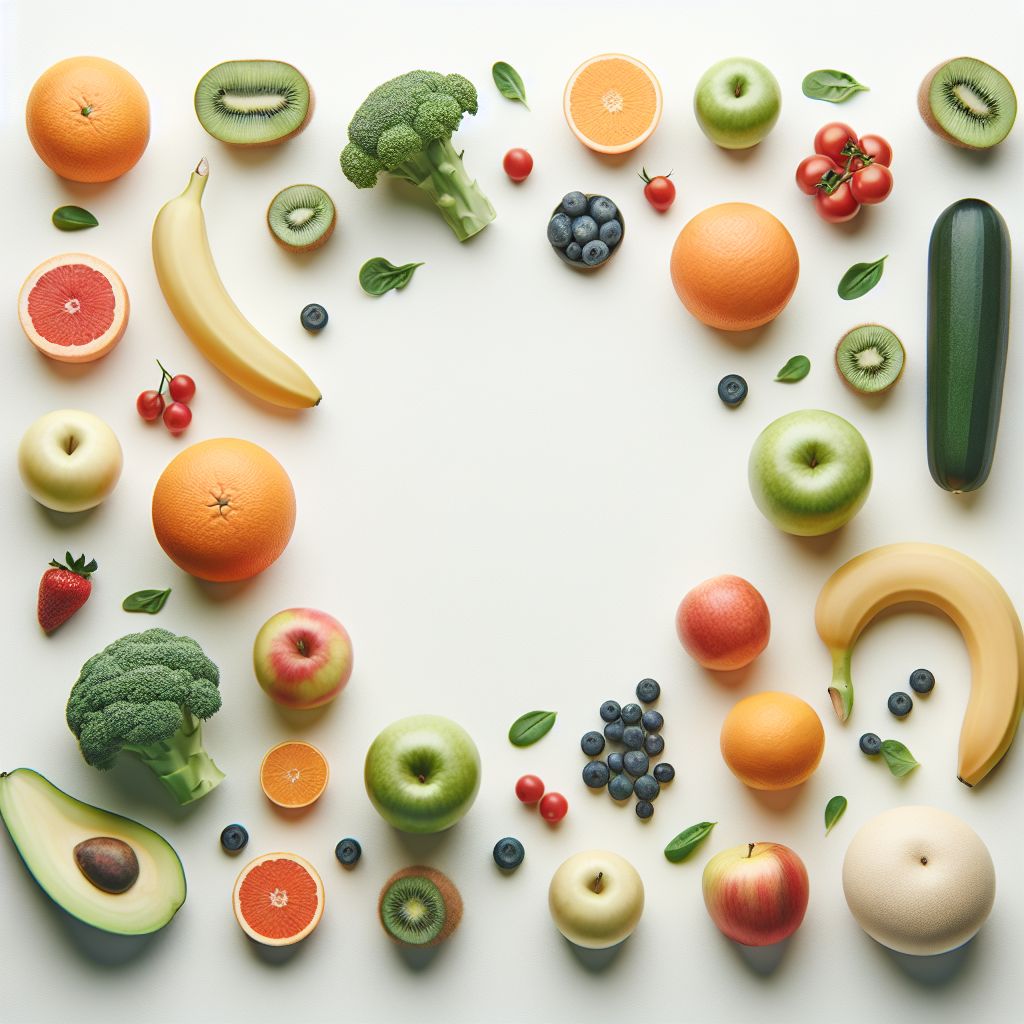Beat Quitter’s Day: Effective Ways to Boost Your Fruits and Veggies in 2025
A dietitian's guide to sticking with plant-based resolutions for better health.

Quitter’s Day: The New Year's Challenge
Every year in early January, many people fall victim to Quitter’s Day, a time when most abandon their New Year’s resolutions. This phenomenon typically occurs after just a few weeks of facing challenging and seemingly fruitless efforts. The concept serves as a reminder of how easily our initial enthusiasm can fade. Understanding Quitter’s Day can strengthen your commitment to maintaining your goals throughout the year. It highlights the importance of persistence and strategic planning in achieving long-term success.
Strengthening Your Resolutions
Learning about Quitter’s Day can actually reinforce your determination to stick with your resolutions. Even if you didn’t set specific goals this year, being aware of this day can inspire you to create and maintain meaningful objectives. It emphasizes the value of perseverance and the need to develop strategies that help you stay on track. By anticipating the challenges that arise around early January, you can better prepare yourself to overcome them. This proactive approach increases the likelihood of achieving your aspirations.
Boosting Fruit and Vegetable Intake
A common focus for New Year’s resolutions is improving dietary habits, particularly by increasing the consumption of fruits and vegetables. Enhancing your produce intake not only supports overall health but also provides essential nutrients necessary for daily functioning. Whether you aim to eat more greens or diversify your fruit options, making these changes can lead to significant health benefits. Incorporating a variety of fruits and vegetables into your meals ensures a balanced and nutritious diet. This commitment can help you feel more energized and maintain better long-term health.
Expert Tips for Picky Eaters
Nichole Dandrea-Russert, a renowned dietitian, offers valuable advice for those struggling to include more vegetables in their diet. She suggests starting with dishes that mask the taste and texture of vegetables, such as soups and blended sauces. Adding flavorful herbs and spices can make vegetables more appealing and enjoyable. Smoothies are another excellent option, allowing you to incorporate greens like spinach or kale without overpowering the flavor. These strategies make it easier to gradually increase your vegetable intake without feeling pressured.
The Raw vs. Cooked Debate
When it comes to consuming fruits, there’s often a debate between eating them raw or cooked. Eating fruits in their whole, raw form generally provides the most nutrients, especially when the skin is included. However, cooking fruits can enhance certain beneficial compounds and make them more versatile in recipes. Baked dishes like apple pie or fruit muffins can help you enjoy fruits in different forms, making them more accessible to those who prefer them cooked. Balancing both raw and cooked fruits ensures you get a wide range of nutrients and flavors.
Meeting Your Daily Produce Goals
The U.S. Dietary Guidelines recommend consuming at least five servings of fruits and vegetables each day to maintain optimal health. This translates to about two cups of fruit and two to three cups of vegetables for the average adult. Incorporating a variety of colors and types ensures you receive a broad spectrum of vitamins, minerals, and antioxidants. Simple strategies like adding fruit to breakfast or including extra vegetables in soups can help meet these goals. Consistently meeting your daily intake supports immune health, digestion, and overall well-being.
Embracing a Plant-Based Lifestyle
Adopting a plant-based or plant-forward diet offers numerous health benefits, including reduced inflammation and improved gut health. Plant-based foods such as legumes, whole grains, nuts, and seeds are rich in essential nutrients and fiber, which support digestion and heart health. Incorporating more plant-based proteins can also lower the risk of chronic diseases. Additionally, plant foods contain phytochemicals that act as antioxidants, protecting your body from various health issues. Embracing this lifestyle can lead to a longer, healthier life with fewer dietary-related concerns.
Conclusion
Maintaining New Year’s resolutions, especially those related to diet, can be challenging, but understanding concepts like Quitter’s Day can help you stay motivated. By increasing your intake of fruits and vegetables through creative and enjoyable methods, you can achieve your health goals more effectively. Expert tips and a focus on a balanced, plant-based diet provide a solid foundation for long-term wellness. Remember, the key to success is consistency and finding strategies that work best for your lifestyle. Stay committed, enjoy the journey, and reap the benefits of a healthier you.
